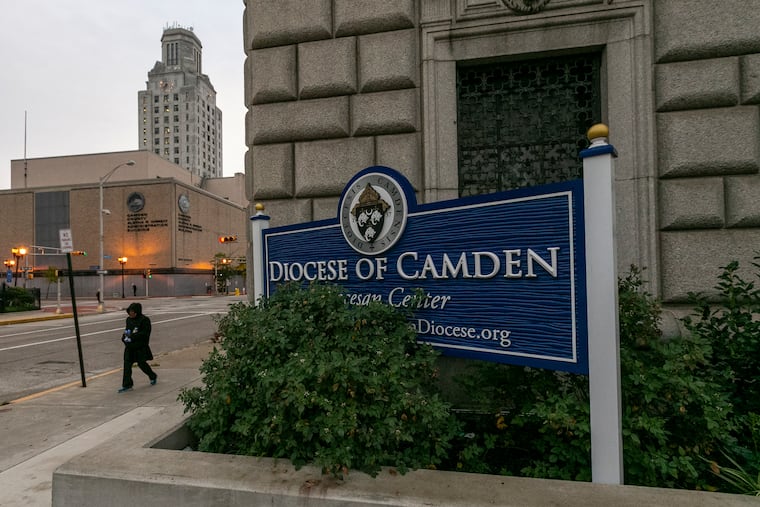South Africa to launch investigation into alleged obstruction of apartheid-era prosecutions.

South African President Cyril Ramaphosa has initiated a significant inquiry aimed at determining whether his administration’s predecessors, governed by the African National Congress (ANC), deliberately obstructed investigations into crimes committed during apartheid. This development responds to longstanding demands from survivors and the families of victims of apartheid-era violence, who have sought justice for decades.
In an official statement released on Wednesday, Ramaphosa’s office underscored the importance of this inquiry, which will investigate allegations of undue influence hindering investigations into past atrocities. The president expressed his deep empathy for the victims’ families, acknowledging the emotional toll endured by those who have fought tirelessly for recognition and justice.
This judicial commission of inquiry follows a court case initiated in January by 25 survivors and relatives of victims, who are pursuing damages and accountability for the unresolved crimes of the apartheid era. They contend that successive governments since the late 1990s have failed to adequately address killings, disappearances, and other unlawful acts that occurred during the dark period of forced racial segregation, despite the recommendations put forth by the Truth and Reconciliation Commission established in 1996.
The commission, founded under the leadership of then-President Nelson Mandela and Nobel Peace Prize laureate Desmond Tutu, sought to uncover and document the human rights violations of the apartheid regime, offering a platform for perpetrators to confess their actions. While the ANC led the charge against apartheid and championed South Africa’s transition to democracy in 1994, its subsequent administrations have faced criticism for prioritizing national reconciliation over justice for the victims of the oppressive regime.
Among the many cases awaiting resolution is that of the Cradock Four, a group of Black anti-apartheid activists who were brutally abducted and murdered by security forces in 1985. The horrific details of their deaths, including suspected torture, remain largely undisclosed, and no prosecutions have occurred. This case exemplifies the countless injustices that continue to affect families who are still seeking accountability.
Lukhanyo Calata, whose father Fort was one of the Cradock Four, is among those advocating for the current government to address these grievous injustices. He has articulated that prior administrations have failed to embrace the commission’s findings, further denying closure to victims’ families.
In bringing this inquiry to the forefront, President Ramaphosa aims to reaffirm the commitment to justice and accountability, fostering a deeper understanding of the past while paving the way for healing in a society that continues to grapple with its complex history.
#PoliticsNews #AfricaNews






